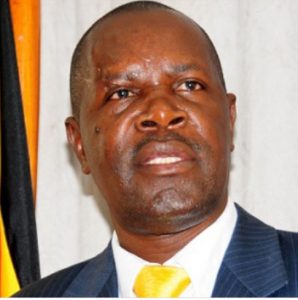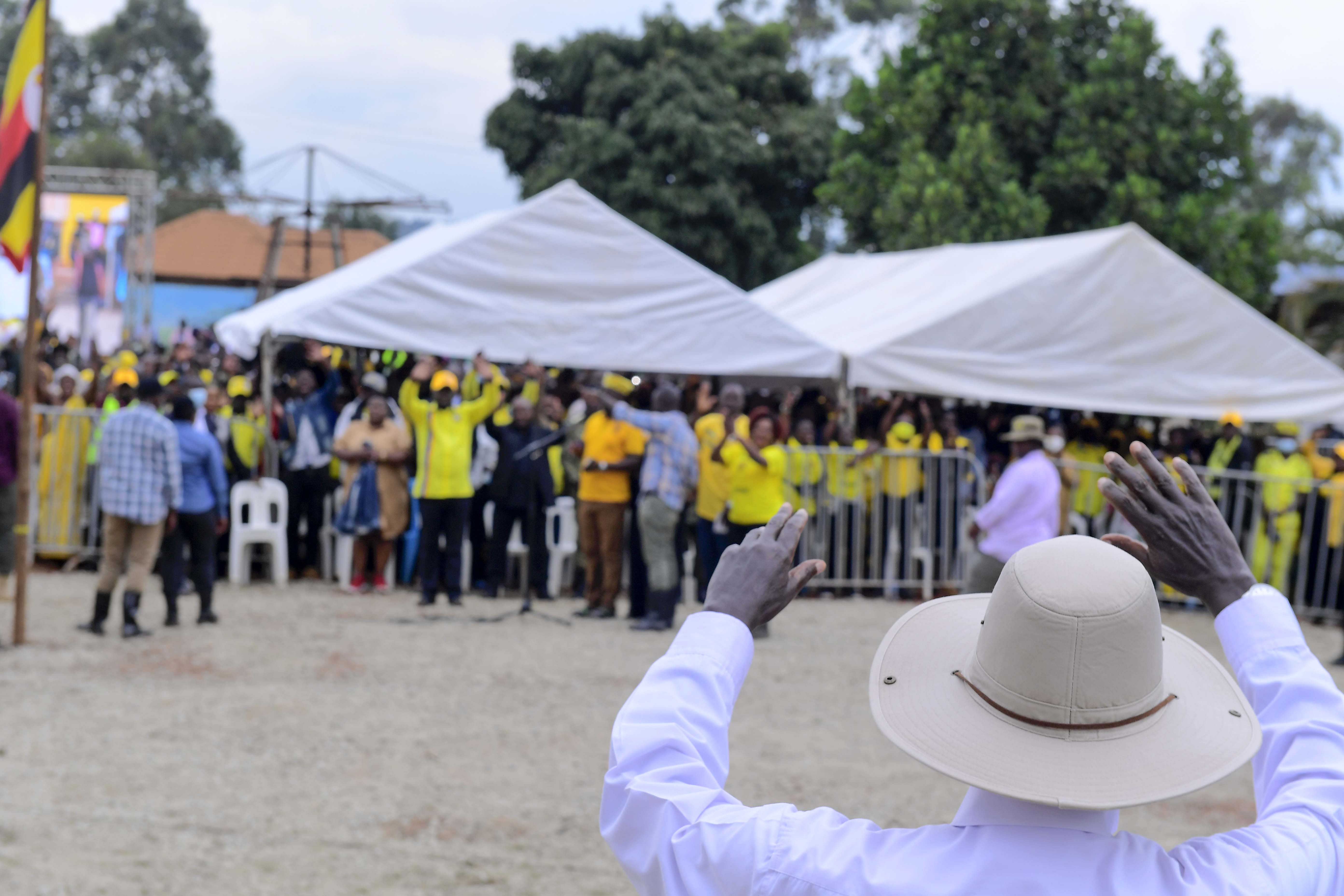
PRESIDENT MUSEVENI VOWS TO RESOLVE KASOKOSO LAND DISPUTE, PLEDGES MORE SUPPORT TO GHETTO SACCOS
President Yoweri Kaguta Museveni has promised to resolve a long-standing land ownership dispute affecting thousands of residents in Kasokoso-Kiganda, Kira Municipality, Wakiso District. The President made the pledge today during his fourth day of the Parish Development Model (PDM) assessment tour across Wakiso, where he addressed a large gathering from the ghetto community of Kasokoso-Kiganda. Addressing residents, President Museveni acknowledged hearing about the contested land for the first time and assured the community that the matter would be fully investigated and resolved within six weeks. “I’m going to study the issue of the land. I was aware of the land of Bukasa, but this is new to me. I’m going to study it. The one involving National Housing, Uganda Police, and the individuals. Within one and a half months, I would have resolved the issue of the land,” President Museveni stated. The matter was brought to the President’s attention by the NRM Chairperson for Kira Municipality, Mr. Muyanja Umar, who revealed that over 20,000 residents were living under fear of eviction. He explained that the ownership of the 258 acres of land in Kasokoso is contested by several entities, including the Uganda Police, National Housing, and private individuals. He further disclosed that some residents had already been evicted by the police and were now taking shelter in churches and mosques. During the same engagement, the President listened to several complaints from residents about the mismanagement of PDM and Emyooga funds. Ms. Namutebi Doreen from Kireka reported that despite forming SACCOs in their parishes, funds were being misallocated to relatives and friends, denying genuine beneficiaries access. President Museveni called on the public to take active roles in the management and oversight of SACCOs, urging transparency and accountability in the disbursement of government funds. “The SACCO of the parish should be launched by all residents of that parish. Everyone should participate and be informed about how much money has been received and what each person is supposed to get,” President Museveni said. He added that fair selection of beneficiaries by parish committees would ensure equitable distribution. To address these concerns, the President said he would send Hon. Ssozi Galabuzi, the PDM National Coordinator, to assess the structures and implementation of programs in Kasokoso. The President also made a personal contribution of UGX 30 million to Kasokoso SACCO and pledged to capitalize each SACCO in Kira Municipality with UGX 100 million. Using a popular Baganda proverb, "Eyetuze tebamukaabira" (they don’t mourn the one who commits suicide), the President criticized residents for electing opposition MPs who, he claimed, had neglected their responsibilities. “You elected opposition Members of Parliament who, after getting their salaries, don’t mind about your issues. If they ask you to support them and say they will solve your land problems, they’re deceiving you,” he said. “Don’t waste time with those in the opposition.” Mr. Ivan Nyombi, coordinator of the Kira Ghetto Structure, expressed gratitude to President Museveni for integrating ghetto youth into government programs. “Many funds have been coming, but we didn’t have access to them. We have been praying to get someone who understands us the way we are, and it’s NRM that came to our rescue,” he said. Mr. Erias Ssentaayi shared that ghetto residents supporting the NRM were often discriminated against, especially during past elections. He claimed he was evicted from his home in 2021 due to his political allegiance. The event was attended by various NRM leaders from Kira Municipality and marked the continuation of the President’s five-day wealth creation and PDM assessment tour. The tour aims to evaluate government initiatives and mobilize citizens for active participation in household-level economic transformation.

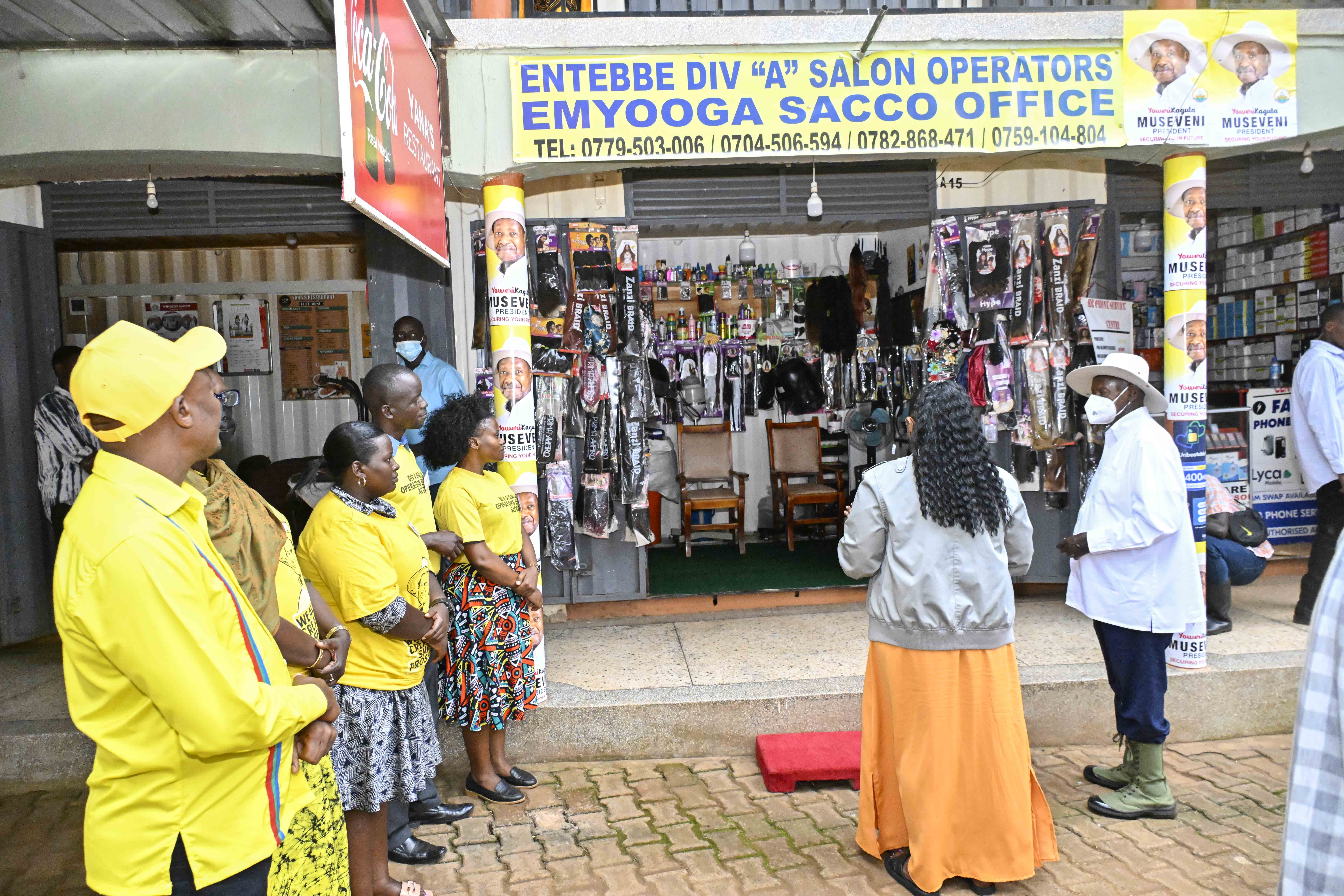

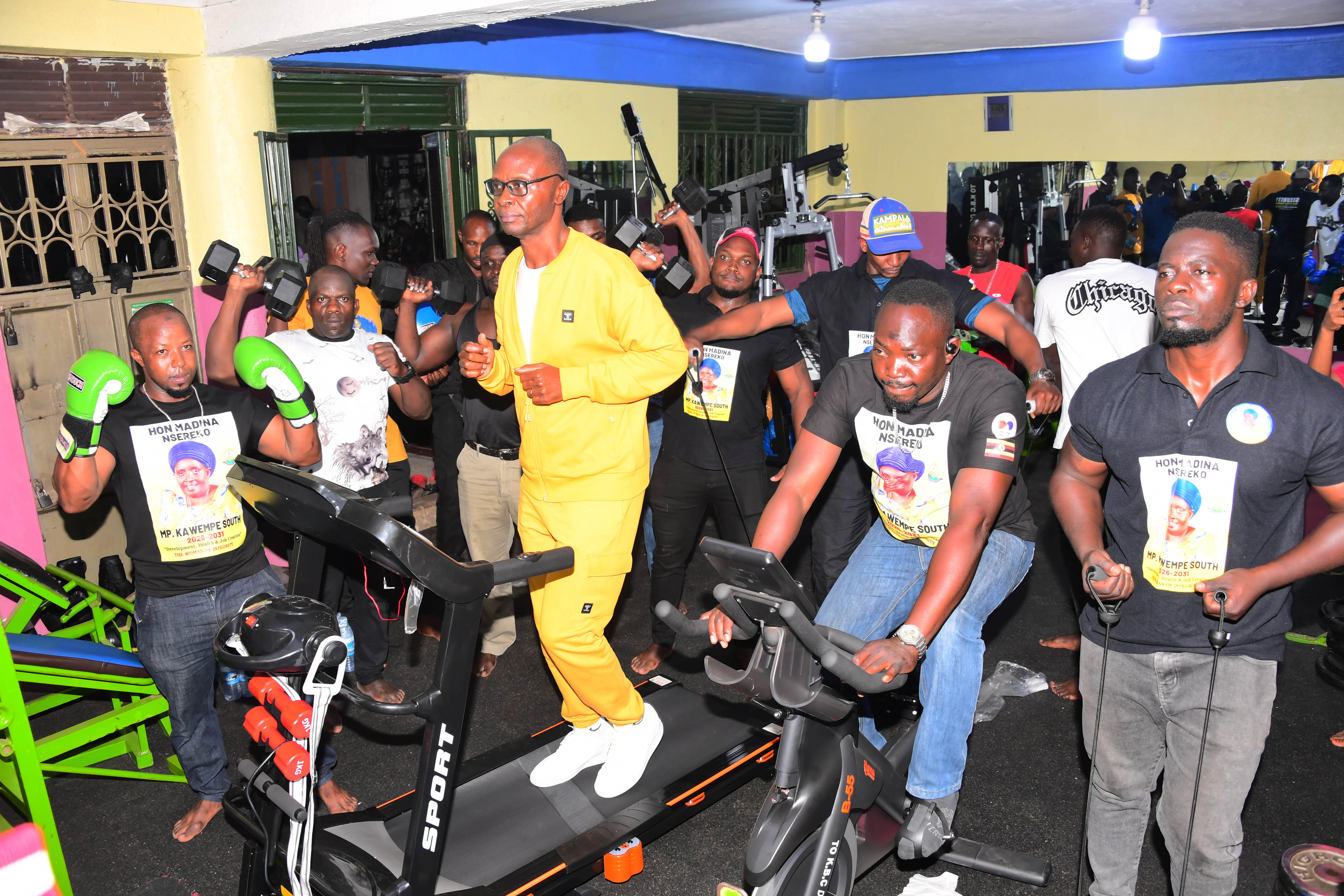
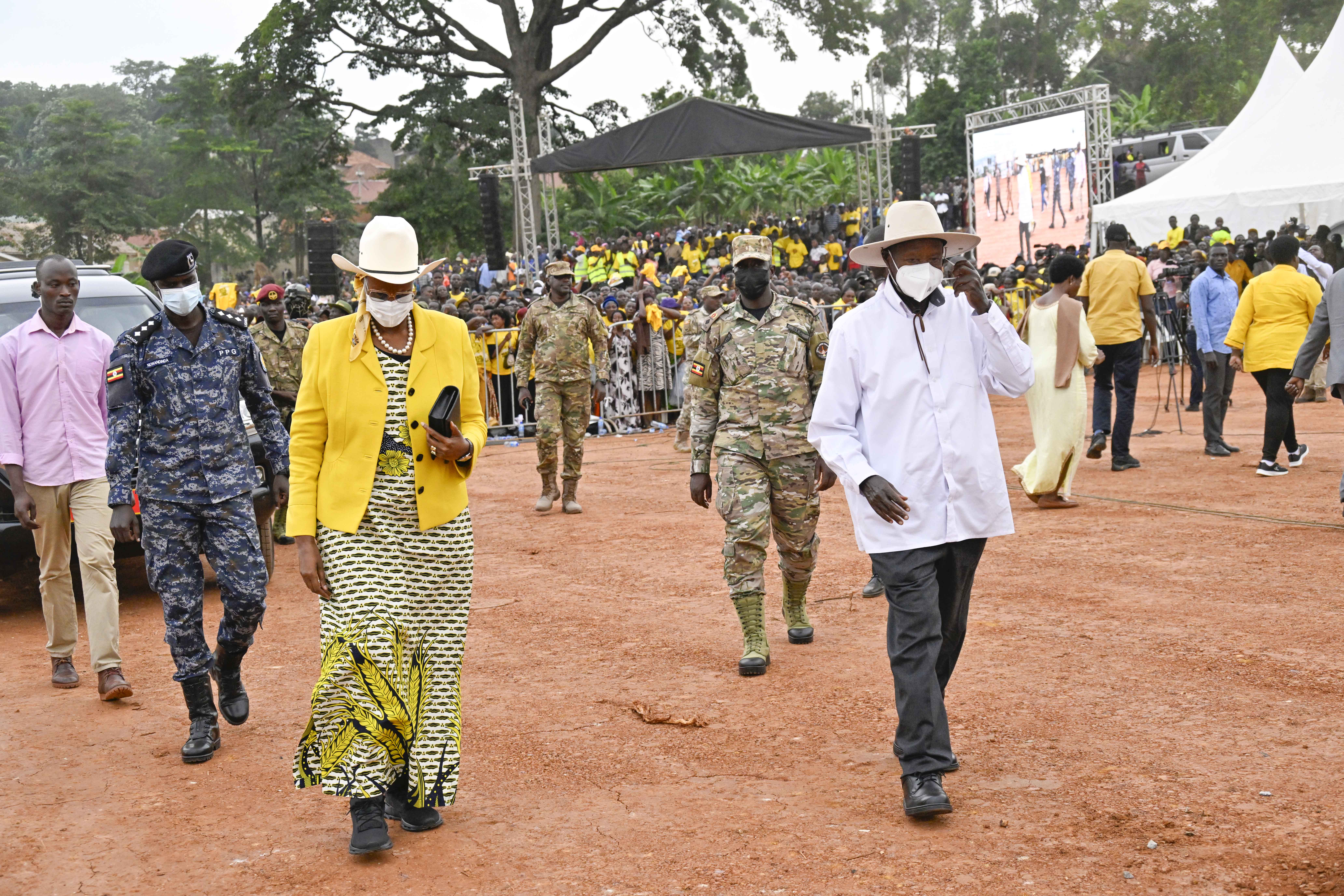
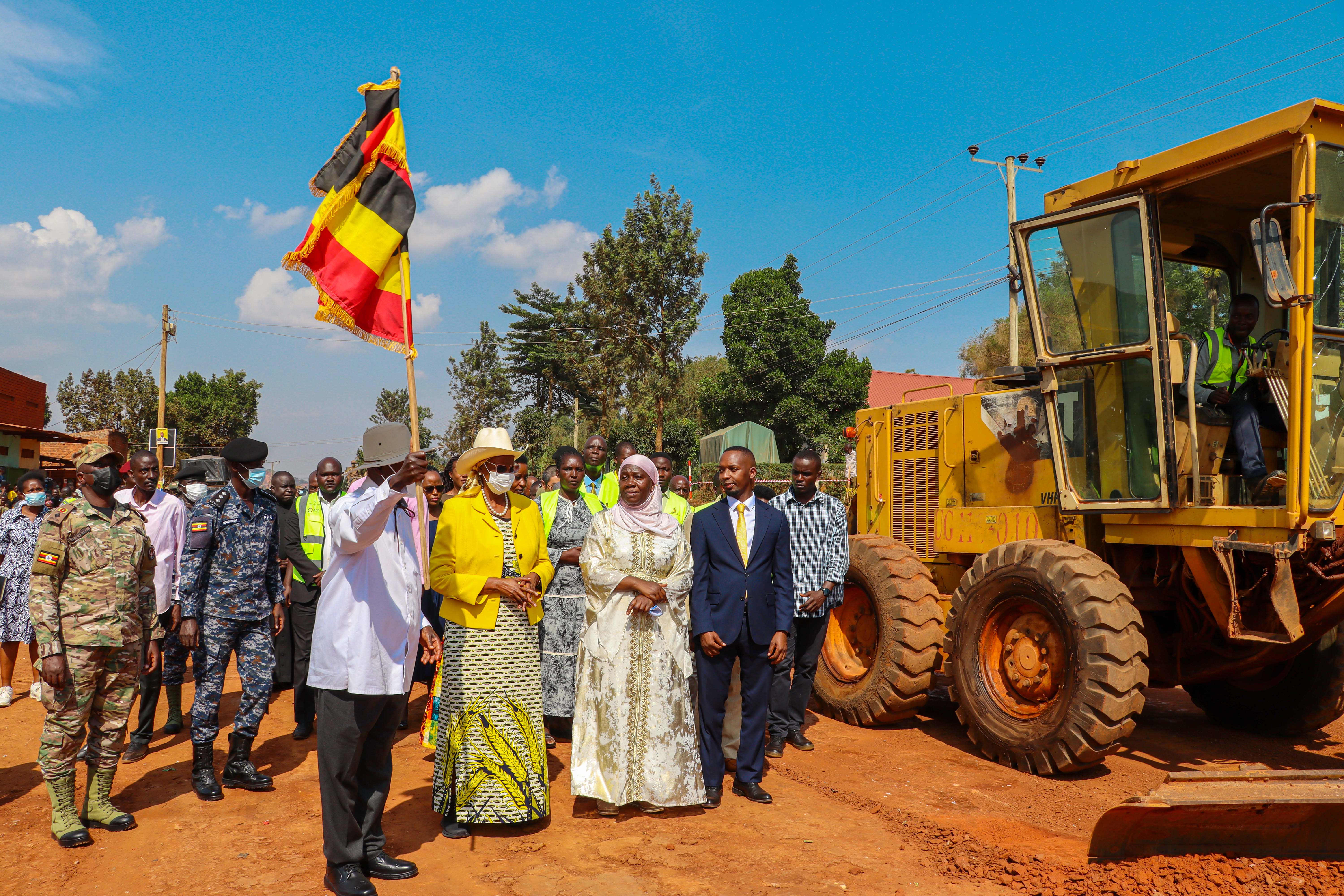
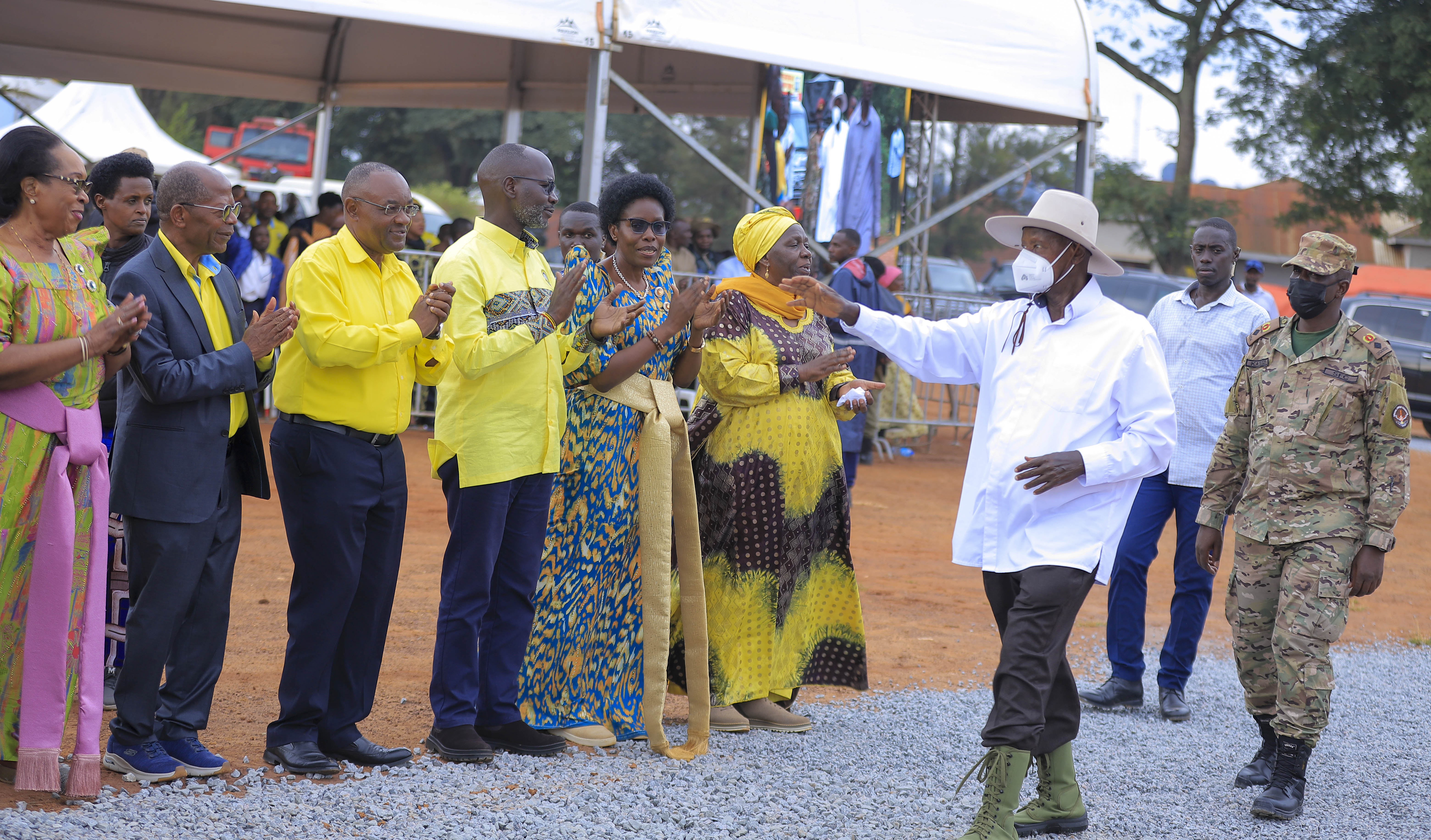
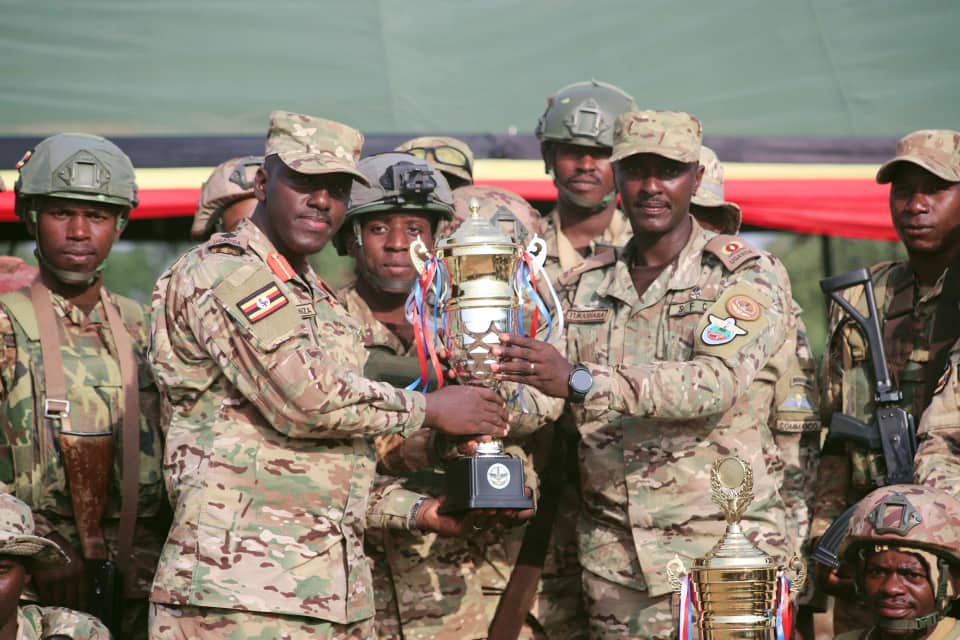
.jpg)

